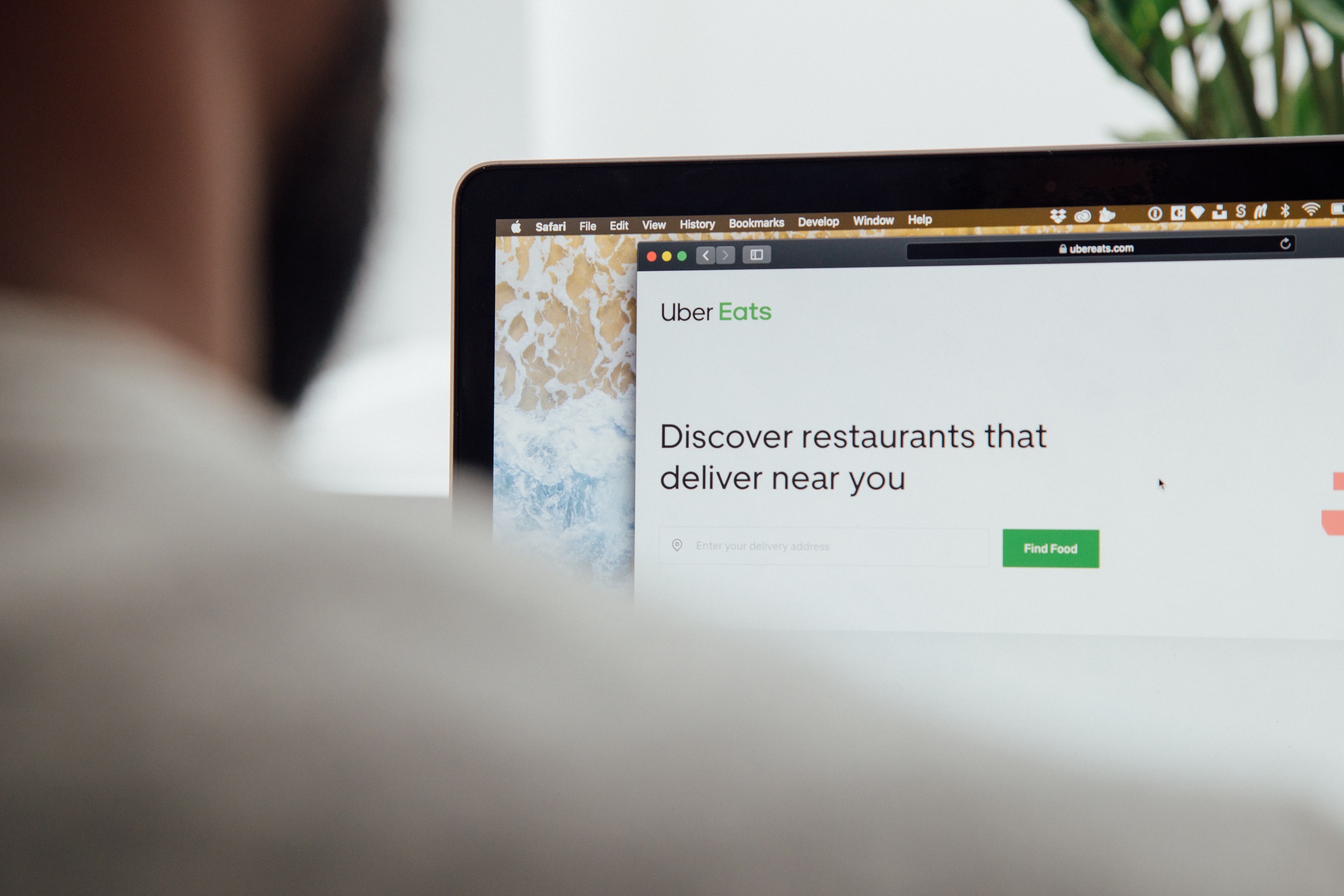Uber Eats Australia has been making headlines in the last week over statements released by Wes Lambert, CEO of Australia’s Restaurant and Catering Association (RCA). Speaking to Business Insider, Lambert pleaded with the local dining public to pick up or dine in their favourite restaurants, rather than use a delivery platform, after a survey revealed that a vast majority of local eateries found it impossible for the app to be profitable due to its high fees.
“These businesses cannot continue to pay the high commission forced on them by delivery platforms on top of rising costs across the board,” explained Lambert. “Something has to give, or businesses will be forced to close.”
The last statement may be a bit controversial, but it does raise a pressing question; could third-party delivery apps like Uber Eats really be the apocalypse of today’s food scene?
Jordan MacDonald, co-owner of contemporary fast-casual chain Lowbrow, believes differently.
“I think it’s a pure convenience thing for consumers,” he said. “For us, we use it as a way to market our restaurant in a larger platform - we’ve found that people who see us on the app tend to pay a visit when they’re in the area.”
However, the Lowbrow owner did express concerns about restaurants going out of business due to the high commission rate. “I think that there is potential for it to happen, but I don’t think customers should boycott the app. If anything, it’s about making a conscious effort to go out and eat at restaurants, especially if it’s a restaurant you love - it’s the best way to show your support,” he explained.
Not everyone shared the same sentiments on Uber Eats’ place in the current space. Mimi Gilmour, the owner of iconic burger joint, Burger Burger, shared her two cents on Instagram.
“Running a hospitality business is hard and I’d have to say we’ve had one of the hardest years yet,” posted Gilmour on Instagram. “Uber has fundamentally changed our diners’ behaviour and whilst we continue to face rising costs in all directions, we still find ourselves justifying what we deeply feel is the value we bring to our customers of top quality ingredients and beautiful restaurants to come together and have conversations in.”
Gilmour ended the Instagram caption encouraging her followers to visit their favourite restaurant and have a traditional sit-down meal.
Despite the two’s opposing views on Uber Eats, their thoughts on the 35 percent commission rate are the same; it’s simply too high. MacDonald argues that the price is fairly reasonable as it helps them thrive through the new customer base it provides the business, while Gilmour in her Instagram post counted the fee as a loss to restaurants.
We reached out to the Uber Eats team to get their thoughts on the matter and the brand emphasised that its role as a cost-effective channel for reaching a new customer base for restaurant partners on the platform.
“The number of restaurants using online food delivery platforms every day is a vote for this new way for restaurants to connect to new customers,” said a spokesperson for Ubereats.
The delivery giant said that the 1,500 plus restaurants in New Zealand that have partnered with the app, chose to be on its platform as a way to increase business growth and customer reach with a fast, reliable and efficient delivery option.
“There’s no lock-in contract, and there are many other online food delivery platforms to choose from. We aim to help local restaurants reach a larger audience and grow their business.”
It’s true that registration to the app is optional, but in today’s competitive hospitality and foodservice sector, small businesses don’t really have a choice. While restaurants like Lowbrow have found a way to capitalise on the delivery service as a marketing scheme, where does it leave lesser-known smaller players in the industry that don’t necessarily have the budget, or even a strong enough brand appeal to produce revenue through the app?
The conversation surrounding the topic is one that doesn’t seem to have an ending, as for us, we’ll keep our ears on the ground and serve as watchdogs for the next coming months.






